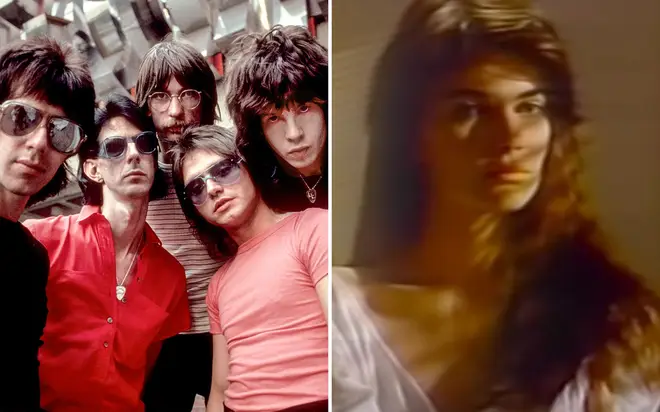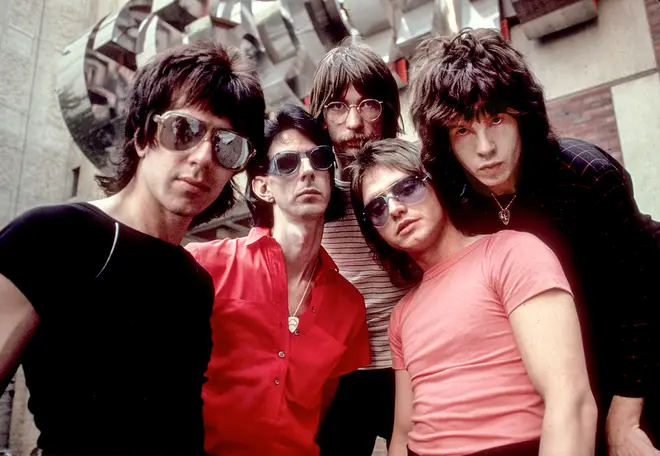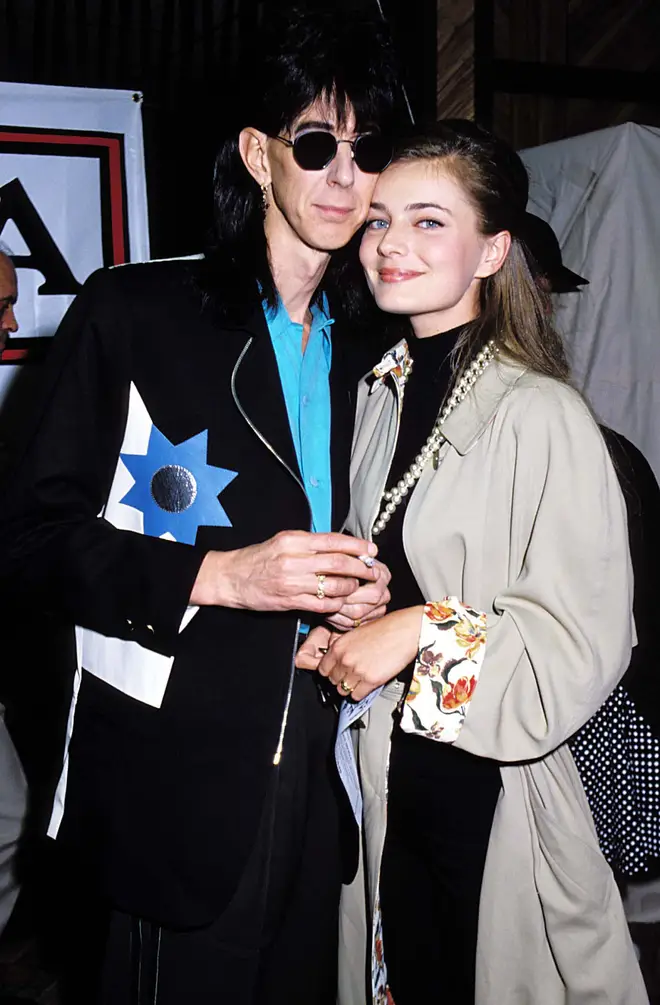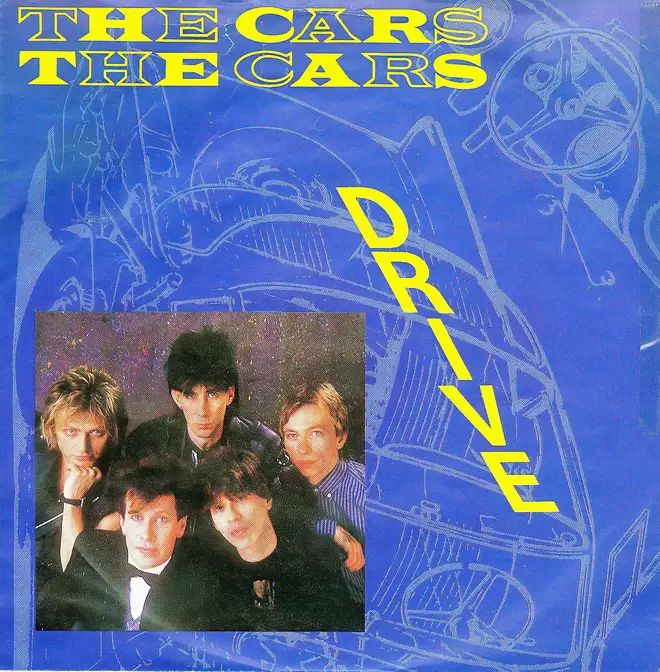On Air Now
Smooth Breakfast with Jenni Falconer 6am - 10am
11 September 2023, 10:37

"Who's gonna drive you home, tonight?"
That's the iconic chorus from one of the 1980s' most unexpected, but unbelievably moving synth-rock ballads.
'Drive' by Boston, Massachusetts band The Cars took the charts by storm and was arguably the new wave group's biggest hit.
The song took on an entirely new meaning when it was used during the Live Aid benefit concert, and feel deeper into the hearts of music lovers worldwide.
But who wrote the song? What are the lyrics about? Why was it banned? Has anyone else covered it?
Here's all you need to know about The Cars' gorgeous ballad 'Drive':

The Cars - Drive (Official Music Video)
The lyrics to 'Drive' were written by The Cars' primary singer-songwriter Ric Ocasek, though he didn't actually sing the song.
Instead vocal duties were handed over to the band's bassist Benjamin Orr, who had also previously sang on The Cars' first ever hit 'Just What I Needed'.
When Orr died in 2000 after losing his battle to pancreatic cancer, 'Drive' was played in honour at his memorial service during the Rock and Rock Hall of Fame.
The track was also produced by Shania Twain's producer and ex-husband Robert 'Mutt' Lange.

'Drive' is one of The Cars' more melancholic songs, and the majority of songs Ocasek wrote were energetic, biting, and dripping with irony.
With this ballad however, the lyrics are written from the perspective of a guy watching a girl hitting a downward spiral in her life, attempting to get her to question what's going wrong in her life.
Because of Orr's lonely, even ghostly vocal recording, lyrics like "who’s gonna pick you up when you fall?", "who’s gonna pay attention to your dreams?", and the chorus "who's gonna drive you home?" feel genuinely sympathetic and despairing.
Whether or not the narrator of is simply an old friend or a past lover, they seem resigned to the fact the answer to each of the questions they're asking is "nobody".

Ric Ocasek was loathe to use automotive imagery in The Cars' lyrics because of their band name, but this was one instance he couldn't resist.
'Drive' came out at the height of MTV's popularity, and the revolutionary channel was rife with music videos featuring fast and flash cars.
Ocasek wanted didn't want a music video that matched the song's sentiment, and was convinced of the concept actor Timothy Hutton had in mind after talks with the band's manager Elliot Roberts.
The video switches between Benjamin Orr singing in a disused, dusty bar, and the central character's breakdown in a bedroom where she's haunted by Ocasek.
Hutton recalled: "At that time, everybody was making videos. It was the height of MTV, and when you made a record, you were also thinking about the video."
"I talked to Elliott about how much I liked that song 'Drive' and I started describing all the different ways I thought they could go with it, as far as the video. And he said, "You know, everything you're saying sounds really interesting. Do you mind if… Would you be up for me passing that concept along to Ric Ocasek?'"
"I said, 'Sure!' So he got back to me the next day and said, 'Ric and I think you should direct the video. We love your idea, your take on it'."
Hutton and Ocasek became such good friends after working together, that Hutton would later cast The Cars' singer in his 1987 film Made In Heaven.
The model in the music video, Paulina Porizkova, would later marry Ric Ocasek - the pair remained together until Ocasek's death in 2019.

The Cars - Drive (Live Aid 1985)
'Drive' was released as the third single from The Cars' fifth studio album Heartbeat City in 1985.
Upon its initial release, it became the band's highest-charting single reaching number three on the US Billboard charts and number five in the UK charts, as well as the top ten in various others.
But the song made a much more meaningful impact after it was played during the montage clips at Live Aid the following year, depicting the Ethiopian famine and reason behind the benefit concert.
The Cars played the song at the Philadelphia leg of the historic event, but the UK audience took on an entirely new meaning of the ballad from the powerful montage which was introduced by David Bowie at Wembley Stadium.
After Live Aid, 'Drive' re-entered the UK charts in a higher position than when it was originally released, peaking at number four.
When the band re-released the song, proceeds from the song's sales raised nearly £160,000 for Band Aid Trust.

After the death of Princess Diana in 1996, many radio stations objected to playing songs about driving in case it offended or upset the general public.
XFM was one such radio station, that banned the song from being played alongside Radiohead's 'Airbag' and anything by the Crash Test Dummies.

Tim McGraw acoustic cover of The Cars "Drive"
A wide variety of artists ranging from different genres have tried their hand at covering The Cars' 'Drive'.
Bob Marley's son Ziggy Marley put a reggae spin on it, metal band Deftones covered it, Irish pop band The Script gave it a whirl, and even Jason Donovan covered the ballad.
Arguably one of the best cover versions is from country star Tim McGraw, who covered it in 2019.